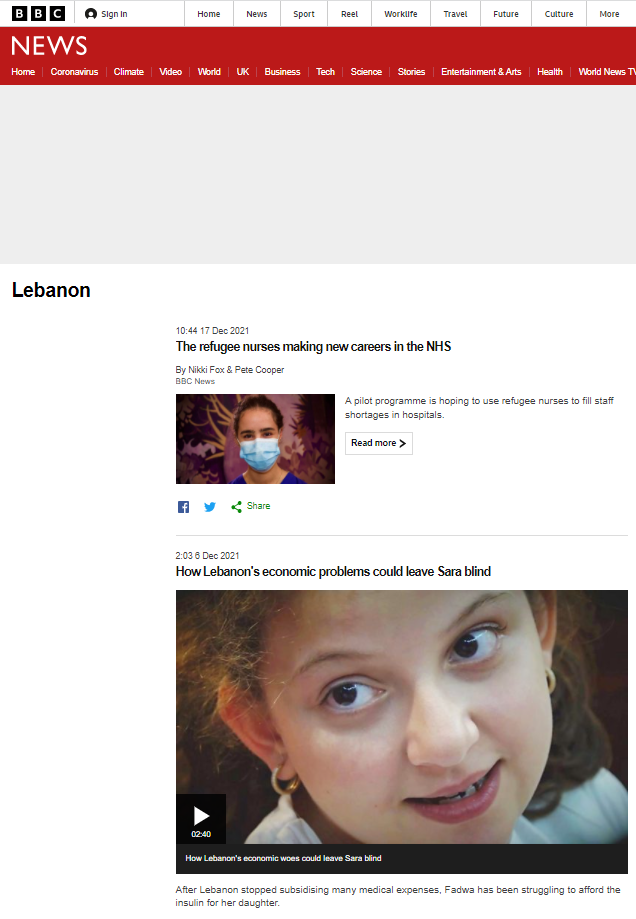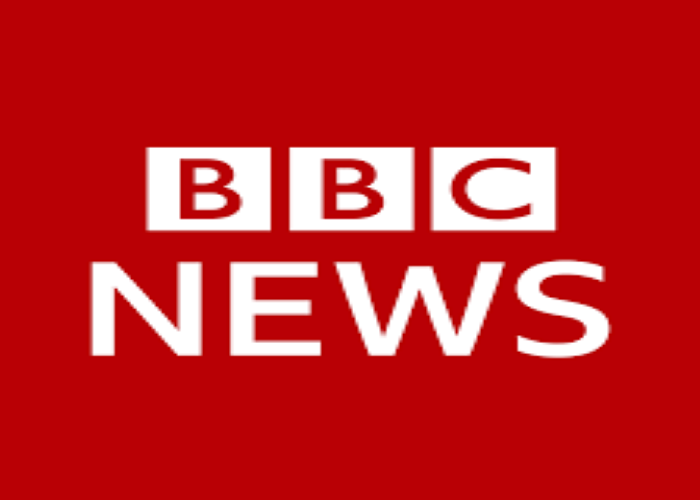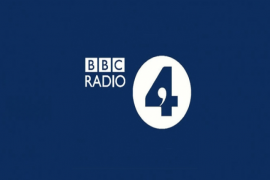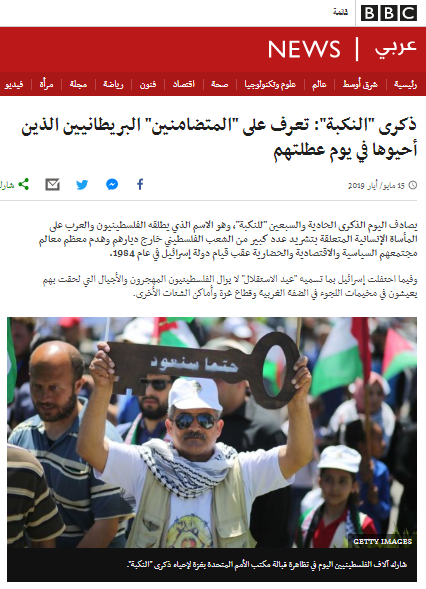The BBC has maintained a bureau in Beirut for nearly sixteen years, having reopened it in June 2006 after a decade and a half long hiatus. That fact however does not mean that audiences around the world see frequent reporting from Lebanon: the BBC News website’s dedicated page for that country currently does not present any reporting at all dated 2022.

We have noted in the past that one topic the BBC seems to prefer to avoid is the issue of discrimination against Palestinians living in Lebanon:
BBC NEWS IGNORES PALESTINIAN PROTESTS IN LEBANON
When BBC Radio 4 and World Service radio listeners heard from a woman living in “one of the twelve Palestinian refugee camps in Lebanon” late last year, we noted that while listeners did hear unqualified promotion of the notion of ‘right of return’ to Israel for descendants of Palestinian refugees, “[a]udiences hear nothing at all about the Lebanese government’s long-running intentional discrimination against Palestinian refugees or the politics behind that policy.”
BBC RADIO 4 DOCUMENTARY FALLS SHORT ON PALESTINIAN REFUGEES
In early December 2021 Lebanon’s labour minister announced changes to the rules barring Palestinians from working in certain professions.
“Labor Minister Mustafa Bayram amended on Wednesday the regulations regarding professions restricted to Lebanese nationals, allowing Palestinians to work in trade-union regulated professions.
The ministerial decree, as reported by the state-run National News Agency, will allow “Palestinians born in Lebanese territories and officially registered with the Ministry of Interior” to work in professions requiring syndicate membership from which they had previously been barred.”
However as L’Orient Today and others pointed out at the time:
“The syndicate-regulated professions include fields such as medicine, law and engineering as well as public transport and tourism-related jobs. However, not all of these will be immediately opened to Palestinians under the new decision, as some require either legal changes or changes to the syndicates’ bylaws in order for non-Lebanese workers to be allowed into the field. […]
…as the new provisions come in the form of a ministerial decree rather than a legislative change, they are subject to changes by Bayram or the next Labor Minister. There are also questions as to whether the syndicates themselves will accept to admit Palestinian members.”
Such reservations proved not to be unfounded: two months after the minister issued his decree, Lebanon’s State Council suspended it.
“Lebanon’s State Shura Council decided this month to reverse an order issued in December allowing Palestinian refugees to work in trade-union regulated professions, after complaints that the order would encroach on the rights of Lebanese professionals and claims that the order was trying to pave the way for naturalizing Palestinian refugees.
The reversal was made after the council accepted an appeal by the Maronite League, the head of the league, Neamatallah Abi Nasr, announced on Thursday, according to Lebanon’s National News Agency (NNA).”
Remarkably, although that story took place literally under the noses of journalists based at the BBC’s Beirut bureau, the corporation’s audiences have not seen any coverage of it. The issue of discrimination against Palestinians living in Lebanon apparently continues to be a topic that does not fit the BBC’s chosen narrative.






The BBC needs to be held to account as to why they have presumably an office, no doubt a secretary, cameraman and reporter being paid to produce no news, or is it Bowen systematically ensuring that such negative news is censored before released? #defundthebbc #sackjeremybowen